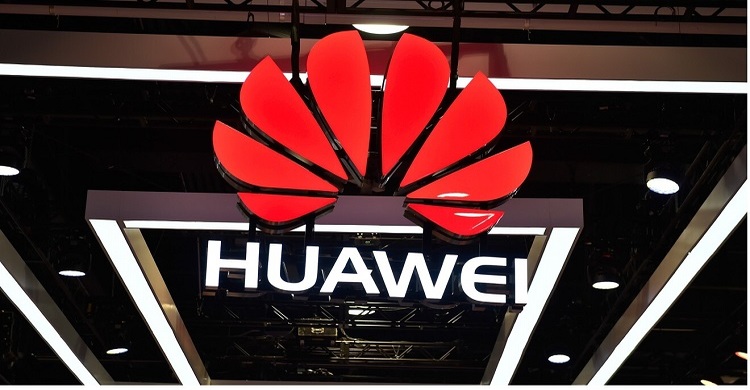Huawei loses out as Singapore telecom operators choose 5G providers

Singapore’s communication minister on Thursday said the government never excluded any company from being vendors for the nationwide roll-out of high-speed 5G technology, and is satisfied with the outcome of its telecom operators’ selection.
Singapore Telecommunications chose Ericsson while a group that includes StarHub opted for Nokia after the city state gave final approval for the roll-out of nationwide 5G coverage on Wednesday, leaving China’s Huawei Technologies with less significant contracts in the city state.
Huawei, which has been a point of contention in the tensions between the US and China, still has a foothold in the market as a provider for TPG Telecom’s smaller, local network system.
“We never explicitly excluded any vendor,” and Singapore has very clear security, resilience and performance requirements, Minister for Communications and Information S. Iswaran said. “You have a diversity of vendors involved in different aspects of the 5G system and that is in fact a positive outcome from our perspective.”
The final awards were issued to Singtel and a group formed by StarHub and M1 after they completed regulatory processes, including selection of preferred frequency spectrum lots and vendor partners, the Infocomm Media Development Authority said on Wednesday. Provisional awards were made in April.
TPG Telecom is being allocated the remaining frequency spectrum in the millimetre wave band to roll out localised 5G networks, the authority said.
Singtel and the StarHub-M1 group plan to introduce a stand-alone 5G network starting from January 2021. The country aims to have 5G coverage for at least half of the nation by the end of 2022 and the entire island by 2025. The plan sets up Singapore to join countries in the region such as China and South Korea, which have begun to offer commercial 5G services.
The roll-out is coming at a time when measures to curb the coronavirus have forced people around the world to stay and work from home, testing digital services and connectivity like never before. The technology is crucial for applications from autonomous driving to remote surgery. The announcement is also just a day after general elections were declared for July 10.
In a separate statement, Singtel said it selected Ericsson “to commence a period of negotiation to provide the 5G SA Core, RAN and mmWave network, with a view to finalising the contractual terms as soon as practicable”.
StarHub, which received spectrum rights jointly with M1, said the preferred 5G technology partner, subject to final contract, is Nokia for the 5G radio access network. Nokia is also the preferred technology supplier for StarHub’s 5G core and mmWave networks. The Singapore company is exploring other network elements with Nokia, Huawei, and ZTE, it said.
TPG Telecom said it is an active member of the Telecom Infra Project and “will leverage the extensive OpenRAN vendor community along with Huawei’s advanced network equipment” for the implementation of 5G services.
The decision on providers comes amid worsening tensions between the US and China. The US administration has banned Huawei from its market for telecom equipment, as part of an effort to curb its presence in 5G networks globally.
Singapore has close economic and political ties with the US and China, and last year indicated it would let its telecom companies decide for themselves on suppliers. Prime Minister Lee Hsien Loong said earlier this year it had not banned Huawei, but would evaluate it based on operational requirements.
Keith Krach, US Under Secretary for Economic Growth, Energy, and the Environment, on Thursday said that citizens around the world are “waking up to the danger of the Chinese Communist Party’s surveillance state”.
Huawei’s deals with telecommunication operators around the world are evaporating, he told reporters, citing the examples of Norway, Japan, Australia, and Taiwan.
Recent events had “taken the shine off China” and Chinese companies, he said, and showed how the Chinese government did not live up to the deals it made. “The crackdown on Hong Kong is a case in point,” Krach said, referring to Beijing’s plans to impose a national security law on Hong Kong. “It comes down to an issue of trust”.
“There are so many efforts by Beijing to conceal, coerce and co-opt the world. It is waking up the citizens of the world to the Communist Party’s true intentions to dominate 5G [networks],” he said.
Source: South China Morning Post



